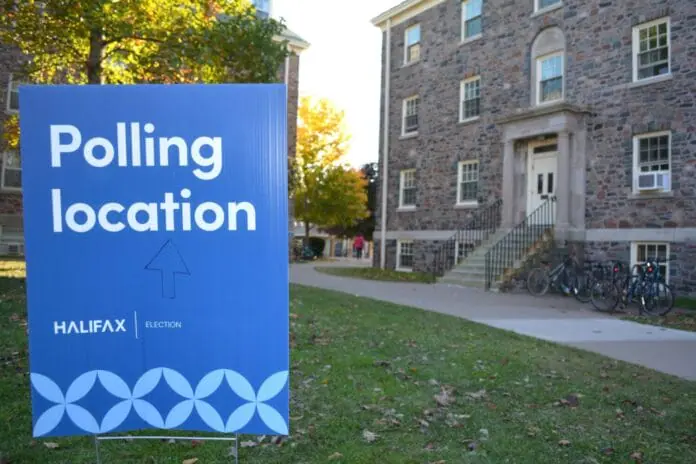My roommate and I sat down at the dining room table, over breakfast, still in our PJs, and I scrolled through the electronic ballot I had received from the King County elections office. My eyes were wide as I scrolled past the box marked “Federal.” Then I kept on scrolling. And scrolling. There were boxes for the state Supreme Court, Superior Court, governor, secretary of state and so on. There were even opinion polls on natural gas, capital gain taxes, long-term care and carbon tax. These are issues that are close to my heart as a student of environmental science and sustainability, and this was my chance to have a say.
It’s not as hard as it looks
I have to admit, when I first thought of voting in the 2024 U.S. election, I was quite daunted. I pictured piles and piles of paperwork, birth certificates and proofs of residency, all the bureaucratic hurdles to jump over. I thought I’d have to start months in advance, because snail mail is truly snail mail these days, especially when it has to travel all the way from Halifax to Seattle, Washington, where my American parents are from. But now, I understand that so many states allow electronic ballot marking and email submission. It really is as simple as voting over breakfast. But of course, the bulk of the work is in the research on all the state candidates, senate and congress representatives and court appointees. The ballot isn’t just about Kamala Harris versus Donald Trump, after all.
It’s our future, we need to protect it
As a university student, it is easy to get bogged down in school work, and trapped in a reductionist world of grades and assignments and library cubicles and coffee. It’s easy to forget about the wider world, about elections and voting processes. But isn’t that why we’re here? Why we’re learning? To be an informed citizen and to participate in democracy and society?
I dream of attending a university that would provide voting workshops for extra credit, or assign essays where students could conduct research and form compelling arguments for their chosen candidates. It doesn’t matter if you study biology, or math, or English or psychology, we are all part of society and we have a right and a duty to participate in our democracy. We all have backgrounds and perspectives that need to be shared.
A 2021 study by Elections Canada showed only 47 per cent of voters between the ages of 18 and 20 actually voted, compared to 75 per cent of voters between the ages of 65 and 74. University-aged young adults are the ones who are going to inherit a world burdened by the climate emergency, international conflicts, inflation, biodiversity crisis, housing crisis and so many other pressing issues. It makes me sad that the older generation shows up more than we do.
You can change the world
After sitting down with me at the dining room table and listening to me read out all of the state and supreme court candidates, my roommate decided to vote too. Only a month ago, both of us had shrugged at the idea of voting. We thought it would be too much effort without enough effect considering we both had citizenship in decidedly liberal, non-swing states — her in Vermont and I in Washington. But the tables turned when we could actually see the ballot, full of so many smaller elections that we could actually have an impact on. Plus, I want to be able to say I voted for the first Black, South-Asian, female president, and helped her defeat Trump.
I want to be part of that wave of advocacy for justice and democracy, even if I was only a drop of water in a massive ocean. The same goes for the recent municipal election in Halifax, and the upcoming federal election. If we all shrugged and decided not to vote because we thought it wouldn’t make a difference, then who would uphold our democracy?


Recent Comments